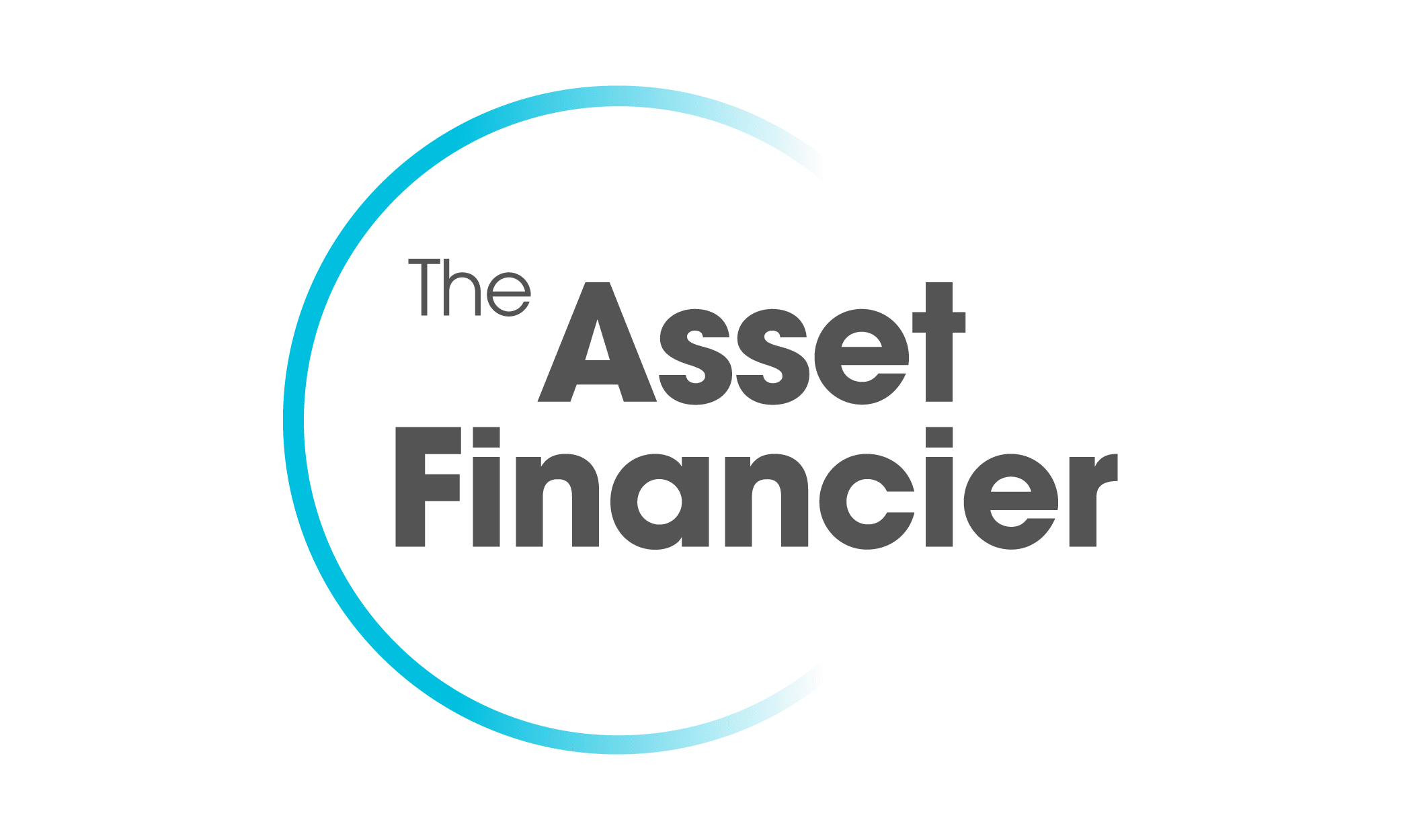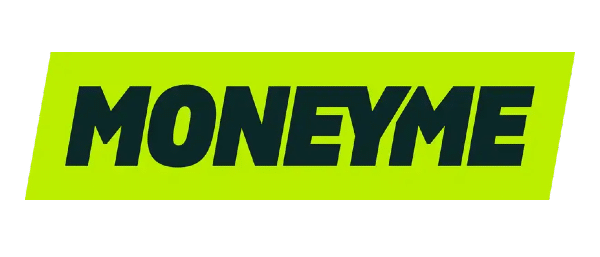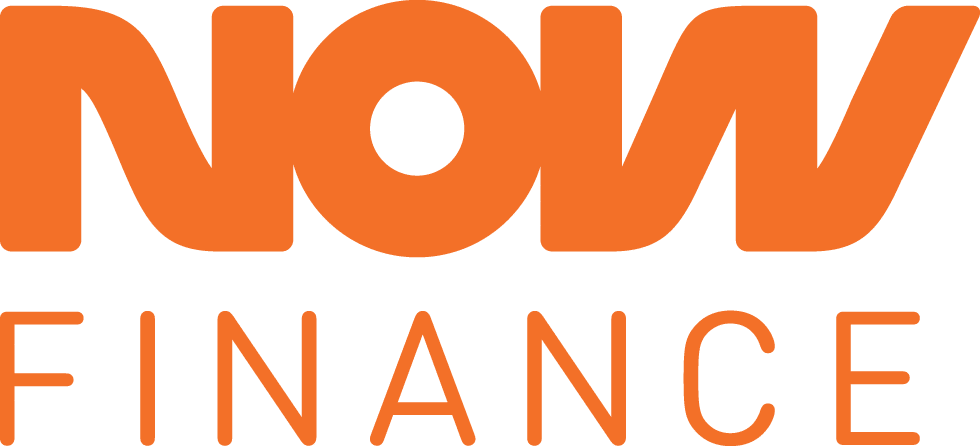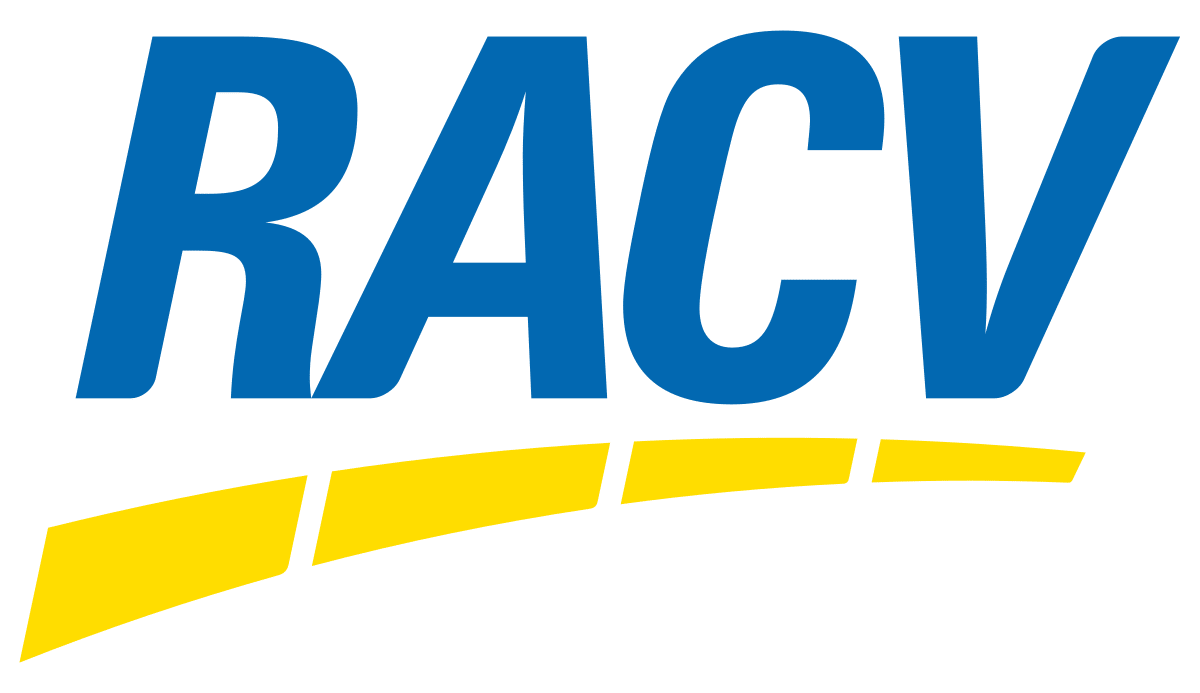Buying a car from a private seller can often mean a better deal – and you can still finance it with a car loan. There might be a few extra checks involved, but the process is straightforward with the right support. Savvy can help you compare competitive used car loans from over 40 lenders to find the right fit for your private purchase, whether you’re buying for yourself or your business.
Used car loan interest rates
As of January 2026, the cheapest used car loan interest rates available through Savvy are:








Rates based on a $30,000, five-year loan for a two-year-old car.
Why apply for a car loan with Savvy?
Fast & easy application
Apply online and submit and sign all your documents digitally. We can assess your profile with a soft credit check, so your score isn't impacted.
Trusted since 2010
With 15+ years of experience and a 4.9-star customer service rating on Feefo, we've helped thousands of Aussies find their ideal car loan.
Unbeatable rates & choices
Access 40+ lending partners nationwide. We compare providers to find the most competitive interest rates tailored to your profile.
Private sale car finance steps
If you’re buying a car with finance, there are a few extra steps involved to make sure the vehicle is legitimate and in good condition. The broker or the lender that you use will have to contact the seller and guide them through some form of verification process.
Here’s how the process works when you apply through Savvy:
- Apply for your loan
Start by submitting your application online. You’ll need to provide some basic details about yourself, your income and the vehicle you want to buy. - Provide seller details
Once you’ve found a car, you’ll be asked to pass on the seller’s contact information. - Vehicle verification
We’ll contact the seller and guide them through a quick verification process. It takes around ten minutes and includes:- Photos of the vehicle to show its condition
- A photo of the seller with the vehicle
- ID verification to confirm the seller’s identity
- Checks to make sure the car details match the paperwork
- Loan approval and settlement
Once the vehicle is verified and your loan is approved, the funds are sent directly to the seller so you can take ownership.
This added step gives you peace of mind that the car you’re buying has been checked and confirmed by the lender before any money changes hands. Depending whether the vehicle you’re purchasing is already under finance also affects the process.
What to look for when inspecting a car through a private sale
Buying a car privately can be a great way to save money – but it also means you need to do your due diligence to avoid surprises down the track.
Key questions to ask the seller before you sign on the dotted line include:
- Why are you selling the car?
- Does it have any existing damage or has it been repaired?
- Can I check the car’s service and repair paperwork?
- Has the car been written off or stolen?
- How many owners has the car had?
- Is there any finance owing?
- Is the car still under warranty?
Some of this information can be independently verified using the following sources, allowing you to determine whether the current owner is telling the truth:
- PPSR check: checking the Personal Property Securities Register (PPSR) will tell you whether the car you wish to buy is still under finance and if it’s been written off or stolen in the past. This can be done for $2 and be taken care of by Savvy if you’d like.
- Car history report: this can include a PPSR check, as well as provide information on prior sales listings, car safety and an estimate of its value. There are several private companies who offer this service for a fee.
- State/territory registration check: you can also use your state or territory government lookup to see whether the car is registered.
Even if the paperwork checks out, it’s important to inspect the vehicle yourself and, ideally, have an independent mechanic do a pre-purchase inspection. Here’s what to look out for:
Car exterior
- Scratches and dents
- Fresh paint or paint overspray (may be covering recent repairs)
- Misaligned panels (evidence of repairs)
- Uneven gaps between body segments (evidence of repairs)
- Rust bubbles
- Lack of tread on the tyres
Car interior
- Rips, stains or excessive wear in the upholstery
- Malfunctioning electronics and safety features
- Warning signs on the dashboard
- Insufficient air conditioning
- Check the kilometres on the odometer
Under the hood
- Leaks and loose hoses
- Excessive corrosion
- Build-ups of engine oil
- Dirt and residue in the engine
Test drive
- Unresponsive brakes
- Steering wheel misalignment
- Faulty headlights, indicators or hazards
- Excessive exhaust smoke
- Unusual sounds from the engine (after being started cold)
Private car sale buying scenarios
You’re buying a car with finance still owing on it via a car loan
It’s still possible to get a car loan for a vehicle that has outstanding finance. There are two main options in this situation:
1. Have the loan paid out first
The seller can pay out the loan if they have enough funds, which will save both of you time and effort in the handover process. However, if they aren’t in a position to do this before the sale, they’ll need to provide you with a payout letter from their finance company.
2. Receive a payout letter
A payout letter includes details such as the outstanding balance on the loan, its due date and the bank details of the seller’s lender.
You can give this letter to your lender, who will use part of your approved loan to pay off the seller’s remaining finance directly to their lender. If there’s any money left over, it will go to the seller.
If the amount still owing on the car is more than what you’ve agreed to pay, the seller must cover the difference themselves. You’re not responsible for that shortfall unless you’ve agreed to it in writing as part of the sale. It’s also important not to pay the full sale amount directly to the seller if there’s still finance owing. If the seller doesn’t repay their loan, the car could be repossessed, even if you’ve already paid for it.
You’re buying a car with no finance owed on it via a car loan
This is a much simpler process. Once your loan is approved and the seller’s details and car are verified, your lender pays the seller directly and the vehicle is yours.
How to apply for your car loan with Savvy
-
Start your online application
Begin by filling out our simple online form. You’ll tell us about yourself, your income and employment and the car you’re looking to buy. This helps us match you with the most suitable lenders.
-
Provide the required documents
We'll ask for supporting documents to verify your income, employment or credit history. These can be uploaded directly through our secure online portal.
-
Compare your loan options
Your consultant will assess the loans you’re eligible for from our panel of over 40 lenders and walk you through your best options. If everything stacks up, we’ll move ahead with the process.
-
Choose your car
If you’ve already found the car, you’ll just need to pass on the seller’s contact details. If not, our broker team at Vehicles Direct can help you find a quality used vehicle from our national dealer network.
-
Verify the vehicle and seller
We’ll contact the seller directly and guide them through a quick verification process that includes photos of the car, proof of ID and checks to confirm ownership, condition and whether finance is still owing.
-
Get your loan approved
Once all the checks are complete and documents are in order, we’ll prepare your application and submit it for approval. You could receive formal approval within one business day.
-
Sign your contract and complete settlement
You’ll receive your final loan documents to sign electronically. Once everything is finalised, your lender will pay the seller directly and you can pick up your new car.
Pros and cons of private sale car loans
Pros
-
Lower price
Because private sellers don’t have margins to stick to or targets to meet, you may find starting prices are lower than used cars sold through dealerships.
-
More room to negotiate
For the same reasons, you’ll generally have more wiggle room to negotiate the sale price of the car without having to worry about dealership overheads.
-
No pushy salespeople
You won’t have to worry about dealing with salespeople looking to seal the deal or include accessories you don’t need; it’s just you and the vendor here.
-
Easily accessible
You can browse online marketplaces for private car listings and reach out to whoever you like from the comfort of your home (before inspecting the vehicle yourself).
Cons
-
No warranties or cooling off periods
Depending on where you live, used cars from dealerships must come with a statutory warranty and may also have cooling off periods, which aren’t available for private sales.
-
All the car checks must be done by you
It’s your responsibility to undertake all the checks into the car’s history and current condition yourself, rather than having all the information available for you.
-
Greater risk if something goes wrong
Private sales don’t offer the same protections as licensed dealerships, so there’s a higher risk of issues like hidden damage, finance owing or even scams. If you skip important checks, you could be left out of pocket with little recourse.
- Personal Property Securities Register - Ppsr.gov.au






















